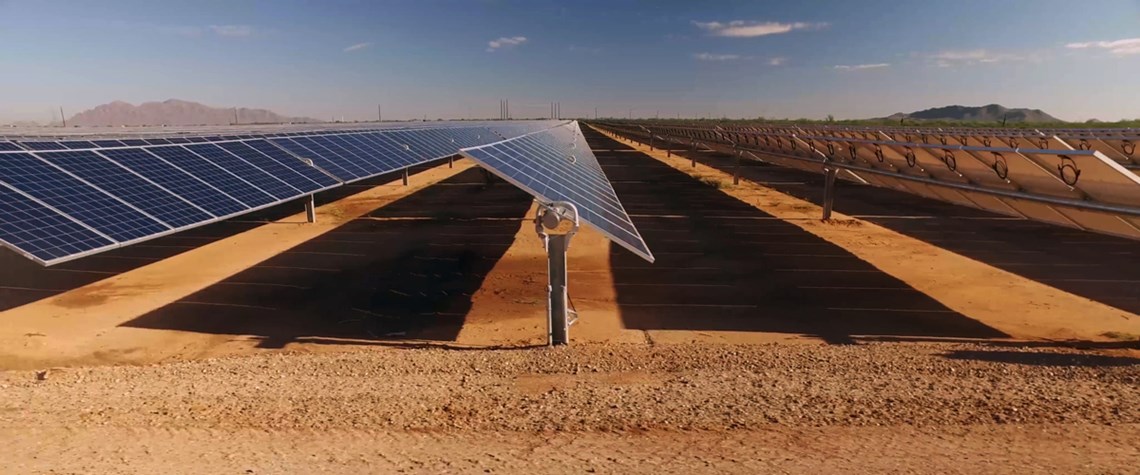Letter from the Middle East: UAE mulls going net zero
The hydrocarbons producer could look to unlock certain benefits by being in the regional low-carbon vanguard
There are increasing hints the UAE may be about to make a commitment to net-zero carbon emissions. Although following several large developed countries as well as China, it would be a remarkable step for a leading and growing oil exporter. Such a decision would raise two important questions: why, and how? Net-zero commitments call for CO₂ and other greenhouse gas emissions to be reduced as far as possible and for any residual emissions to be mopped up, for instance by reforestation or direct removal of atmospheric CO₂. News agency Bloomberg suggested the UAE could make a declaration before the next UN climate conference, Cop26, in Glasgow this November, potentially linked to the UAE’s ambiti

Also in this section
23 April 2024
Cheaper Russian barrels and lower overall crude prices have helped cut key oil consumer’s import bills in election year
22 April 2024
Pursuing three different goals as part of the same package may mean achieving none of them
22 April 2024
Beijing’s renewed targeting of NOC management could threaten investment
19 April 2024
Cairo’s currency problems have hindered investment, but Pharos sees considerable potential as Egypt emerges from crisis







